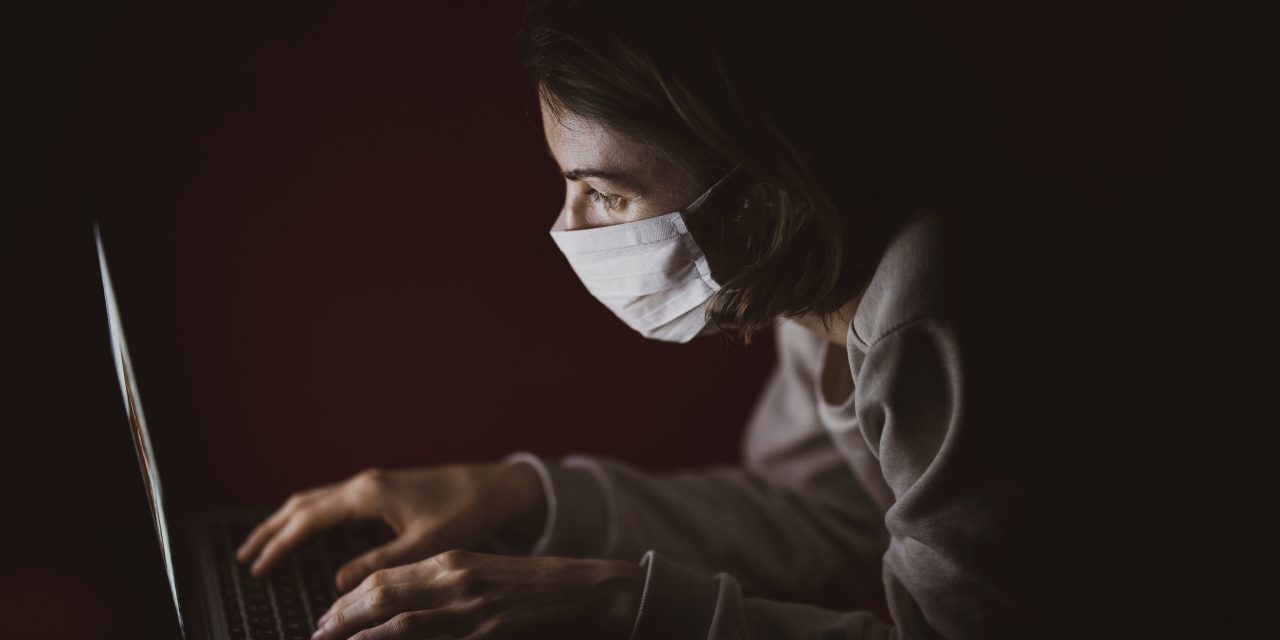Photo by Engin Akyurt, accessed from Unsplash.com
By Nathan Young
Addictions are tough to break and control because of the compulsion factor. Students can create addictive behaviors through many sorts of activities, especially if they are already addicted. Luckily, there is support for those who are struggling with substance abuse and mental health. The lockdowns caused by the coronavirus may increase the potential for addictions, or on the other hand, it may not. If it does raise the rate of addicts, is it worth it?
According to Peter Grinspoon of Harvard Health Publishing, social isolation does raise the risk of addiction. The stress for students being locked in their rooms or houses on top of online classes can lead to substance abuse. However, not all addictions are substance-related because gaming can be addictive. An escape from reality is a reason for habits, so activities alone can lead to addiction. Students can already have a tough time managing online homework assignments and life concerns, combining them with social isolation. Are students more likely to become addicted to substances or activities because of the lockdowns?
Some students may not agree that the lockdowns could raise the risk of becoming addicted to certain habits. However, professionals like Grinspoon would argue otherwise. Experiences are a factor in a person’s outlook on life, so some members of society will disagree. People, including students, have individual backgrounds with their own cultures. Some students are exposed to new and different ideas from their college or university. A lot of various thoughts and perspectives are formed because of their experiences.
“I don’t think the lockdowns caused more addictions,” said David Seumalo, an ex-military member. He adds that people choose to consume substances because of the lack of work, but it does not contribute to the addiction rate. Seumalo claims that the only noticeable bad thing is that the lockdowns damaged physical health. The main issue is that the gyms are closed, and people cannot maintain their body, according to Seumalo. In short, he does not think the lockdowns caused more addictions but rather less body maintenance.
“People just naturally want to get away from the reality of this situation [the pandemic], so addictions and drug usage, in general, is higher than ever,” said Matthew Delgado, a KFC employee. He claims that the lockdowns raised the number of people who use drugs because of the need to escape reality. In other words, Delgado thinks that people are stressed out because of the COVID-19 outbreak in the country, and some people turn to drug abuse.
“It’s a stress factor when people can’t relieve stress…I feel like they turn to substances,” said Sierra Roberson, a student. She continues to say that students may also develop addictive tendencies by the lockdowns. Roberson reasons that when people are closed off from the world, especially their normal behaviors, drug abuse may arise. Stress can be too much to handle for some people, contributing to addiction or its start.
There are many differing opinions about the matter, which may be caused by experiences that formed their perspectives. Needless to say that some people do not have addictions, while others do or know addicts. What if that forms how individuals think about the issue? Do their thoughts matter if doctors claim that addictions and drug abuse increased because of the lockdowns? Either way, there will be side effects of locking down the country. Addictions may be a side effect of poor mental health, which doctors also say the lockdowns are not helping.
An addiction recovery program is funded by the government called Substance Abuse and Mental Health Services Administration, or SAMHSA for short. Anyone suffering from mental health or substance abuse may call their hotline at 1-800-662-HELP. The program is confidential, so students and other people can feel safer about admitting their issues.
Fortunately, the programs can help and assist people who formed addictions, mainly because of the lockdowns. With the added support from the internet and online services, addicts can seek help during these pandemic times. The COVID-19 virus changed the country months ago and remained locked down to this day. How much longer will this go on? Will it affect addicts and people vulnerable to addiction?
Addictions are a severe problem for some people, and the lockdowns caused by the virus may not help them. The escape methods people use to avoid reality can vary. Students may already struggle in school and possibly even mentally because of stress. The doctors claim addictions and mental health concerns have increased since the shutdowns. Some may argue the lockdowns are justified, while others may think otherwise. Programs like SAMHSA and others provide services for addicts and struggling people. Everyone is affected differently and handles their situations uniquely.






